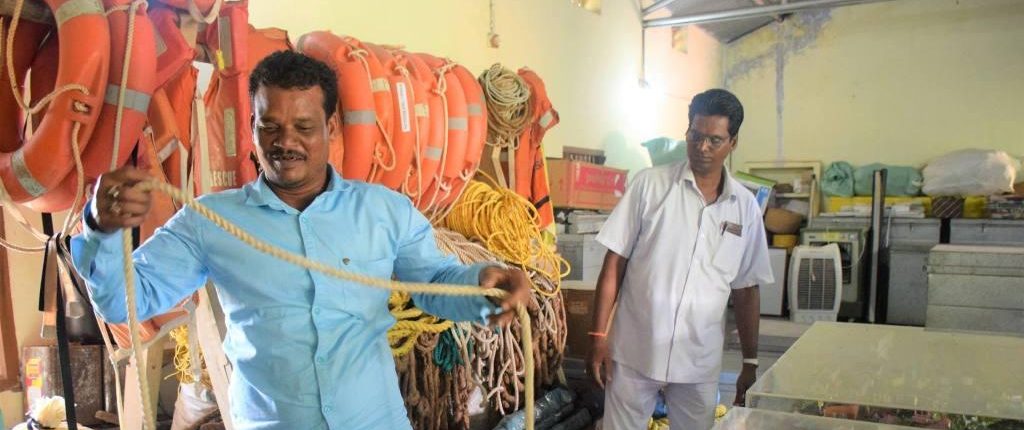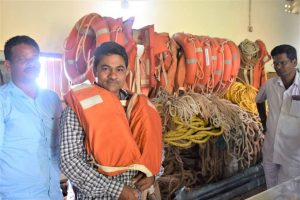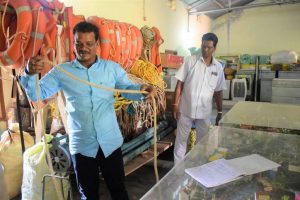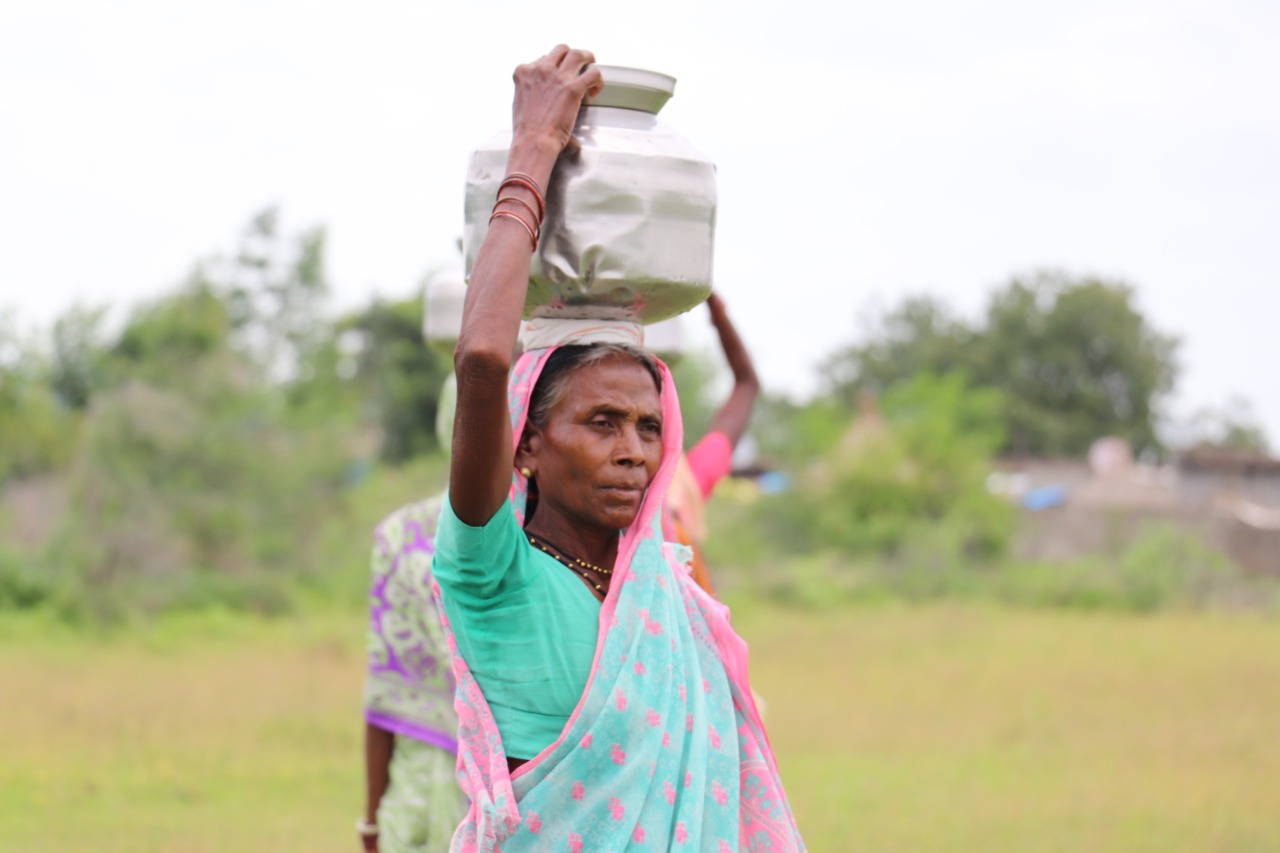- home

- Publication & Resources

- Blog
- ‘Super cyclone changed everything – even our minds’

‘Super cyclone changed everything – even our minds’
The horrific memory of October 1999 – Odisha – still haunts people. In the recorded history of tropical cyclonic storms, the strongest cyclone ever, with respect to intensity and the scale of destruction it caused, hit the coast of Odisha on 0ctober 25, 1999.

By Saurabh Kumar
Intern – CASA Communications
“Super cyclone changed everything –even our minds”, laments one of the survivor.
Indian meteorological department registered a total of 9,887 fatalities, 8119 alone in Jagatsinghpur district, but it seems grossly unreported. Some unofficial sources estimated it as much as 30,000.
Individual accounts of survivors are more heartbreaking. Dibakar, from Padanpara village recalls: “My village had all mud houses, all washed away in the ‘super cyclone’. Three acres of harvestable wheat was damaged.” Sadly for Dibakar, besides losing his house he also lost his son who was struck under the tree.

The reason for this catastrophic loss of life and property, partly and more than any other thing, was lack of knowledge, preparedness and fraternity at community level.
In response, CASA started a community based intervention program to empower the villagers to systematically combat such accidents in the future.
Under this program, broadly, two approaches have been adopted keeping in mind the pre, post and during accident preparedness.
First among them is development of Disaster Mitigation Task Force (DMTF). It brought and organized the community members in groups irrespective of caste, creed and gender.
Nabul Chandra, a member of the DMTF says, “The dividing lines have been blurred. People are identified according to their capacity which strengthened as we got specific trainings on first-aid, networking and water conservation. We are always prepared to face any calamity.”
DMTF training includes the early warning system readily available in the villages like ring-bell, shankha, and red-flag. Moreover, regular meetings are organized to discuss contingency plans like safety houses, assessed by numbering and mapping families having child, pregnant women, elderly, and handicapped.
Dibakar, member of DMTF since 2001, went Bihar to train on ‘how to save 100 people’ at the time of crisis. He smiles, “I am one for every 100 persons”. He has been honored by CM Navin Patnaik after he topped a competition on ‘search and rescue operation’.
 Second approach is of Disaster Risk Reduction (DRR). It aims to increase the resiliency against disasters at community level through systematic reduction of vulnerability.
Second approach is of Disaster Risk Reduction (DRR). It aims to increase the resiliency against disasters at community level through systematic reduction of vulnerability.
In the 1999 cyclone, the worst affected were the farmers. They took as long as 4-months to re-settle. Farmers, thus, have been accorded priority.
Other issues under this program are health and education. As many as 65 villages in Odisha were identified and 54 cyclone centers were spotted with a school in each centre for the time being.
One-storied multi-purpose cyclone centre were constructed in the affected areas to provide safe shelters during natural calamities.
During disasters there is an increase in the numbers of women-centric crimes. Considering this, community development has been gender sensitive. There are task forces consisting only women.
The impact of these efforts has been audacious. On one account, during 2013 cyclone Phailin, the most severe cyclone after 1999, our team evacuated more than 40,000 people without any casualty.
 ADAPTATION – WHAT IS THE LIMIT?
ADAPTATION – WHAT IS THE LIMIT?Featured Post

International Women’s Day -2021
8 Mar 2021
International Women’s Day -2021 is very special for CASA. It’s a delight to announce, CASA with the support of the Church of Sweden has launched an exclusive Gender Desk to emphasise the importance of Gender Justice work. CASA has been working for Gender Justice all throughout and across our constituencies in all these years. Gender Desk comes to add vigour […]

Overcoming Gender and Poverty Barriers
Poverty has been an inevitable problem in India since the beginning of time. The increasing problems of poverty caused by overpopulation and the unequal distribution of wealth among the people have led to a huge impact on the life of millions in the rural as well as the urban area. A person has to acquire […]

Impact of Climate Change on Women
16 Jan 2021
Climate change is a prevailing problem globally whose hazardous repercussions extend beyond the environment. Shrinking glaciers, extinction of plants and animal species, mutation, rise in the Earth’s average temperature and triggered seasonal fluctuations, are some of the impacts of climate change that have already grabbed the headline. Certain early predictions pertaining to climate changes had […]



 Previous Blog Post
Previous Blog Post 